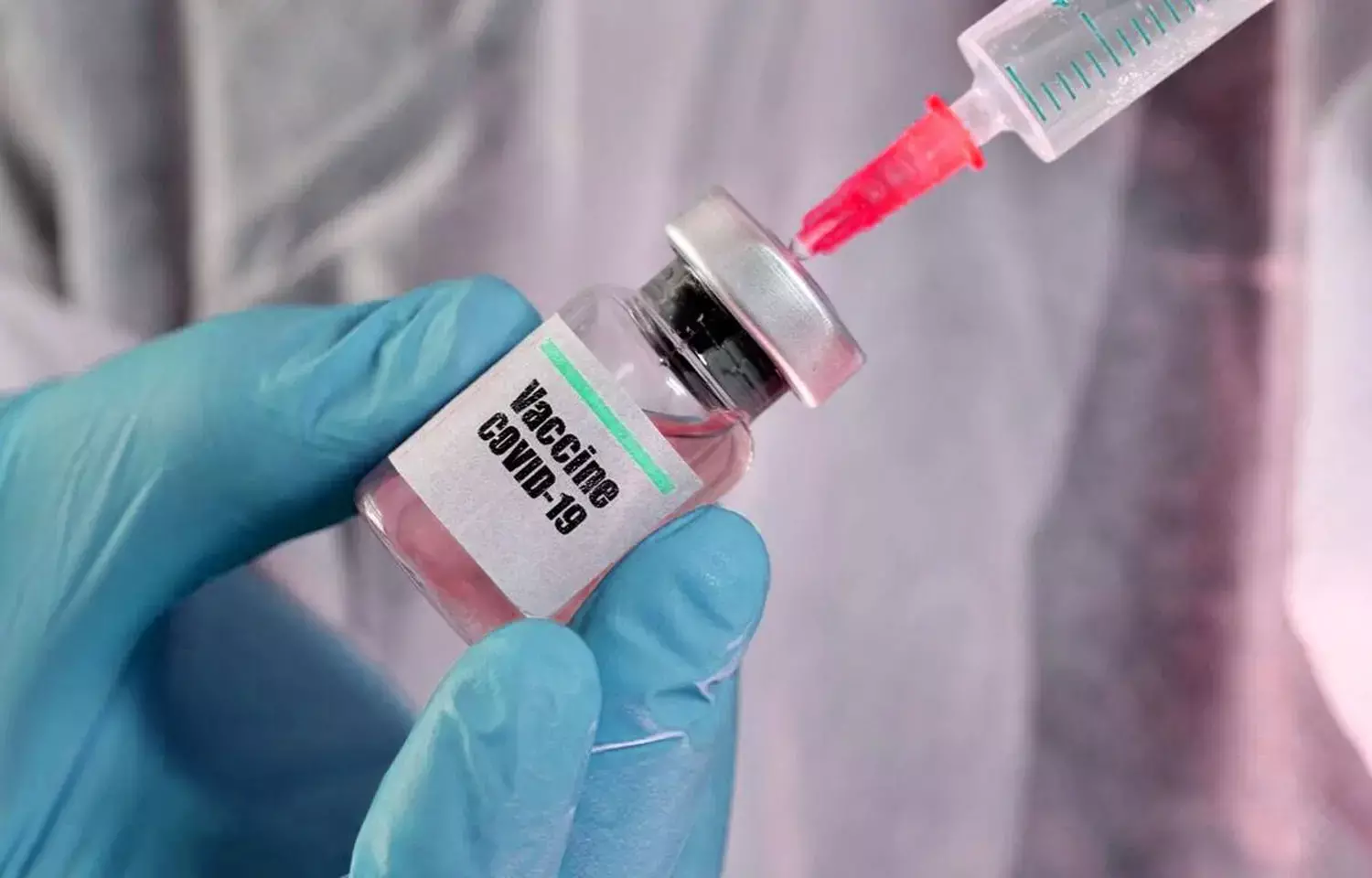- Home
- Medical news & Guidelines
- Anesthesiology
- Cardiology and CTVS
- Critical Care
- Dentistry
- Dermatology
- Diabetes and Endocrinology
- ENT
- Gastroenterology
- Medicine
- Nephrology
- Neurology
- Obstretics-Gynaecology
- Oncology
- Ophthalmology
- Orthopaedics
- Pediatrics-Neonatology
- Psychiatry
- Pulmonology
- Radiology
- Surgery
- Urology
- Laboratory Medicine
- Diet
- Nursing
- Paramedical
- Physiotherapy
- Health news
- Fact Check
- Bone Health Fact Check
- Brain Health Fact Check
- Cancer Related Fact Check
- Child Care Fact Check
- Dental and oral health fact check
- Diabetes and metabolic health fact check
- Diet and Nutrition Fact Check
- Eye and ENT Care Fact Check
- Fitness fact check
- Gut health fact check
- Heart health fact check
- Kidney health fact check
- Medical education fact check
- Men's health fact check
- Respiratory fact check
- Skin and hair care fact check
- Vaccine and Immunization fact check
- Women's health fact check
- AYUSH
- State News
- Andaman and Nicobar Islands
- Andhra Pradesh
- Arunachal Pradesh
- Assam
- Bihar
- Chandigarh
- Chattisgarh
- Dadra and Nagar Haveli
- Daman and Diu
- Delhi
- Goa
- Gujarat
- Haryana
- Himachal Pradesh
- Jammu & Kashmir
- Jharkhand
- Karnataka
- Kerala
- Ladakh
- Lakshadweep
- Madhya Pradesh
- Maharashtra
- Manipur
- Meghalaya
- Mizoram
- Nagaland
- Odisha
- Puducherry
- Punjab
- Rajasthan
- Sikkim
- Tamil Nadu
- Telangana
- Tripura
- Uttar Pradesh
- Uttrakhand
- West Bengal
- Medical Education
- Industry
Walvax Biotechnology to manufacture Covid-19 vaccine similar to AstraZeneca's: Report

Beijing: China's Walvax Biotechnology Co has started work on a plant to manufacture an early-stage coronavirus vaccine candidate similar to AstraZeneca PLC's product, state-backed media said on Sunday.
Mass production for the proposed vaccine could begin in mid-2021, with an estimated capacity of 200 million doses a year, said Health Times, a paper run by the People's Daily.
The treatment is based on a chimpanzee adenovirus to deliver materials that can trigger an immune response against the virus that causes Covid-19, a technique adopted in the candidate from AstraZeneca and Oxford University.
The Chinese candidate, jointly developed by China's Tsinghua University and Tianjin Medical University, has not been tested on humans. The AstraZeneca-Oxford treatment is in final-stage large trials.
AstraZeneca's late-stage trials in Britain and Brazil last month found an efficacy of 62% for trial participants given two full doses but 90% for a subgroup given a half, then a full dose. A Reuters investigation this week revealed problems with the Oxford/AstraZeneca vaccine study.
Adenovirus is used in other Covid-19 vaccine candidates, including one from China's CanSino Biologics Inc, which is based a harmless common cold virus known as adenovirus type-5 (Ad5).
Researchers on the CanSino vaccine have said it might be weaker in people who had been exposed to Ad5 and have pre-existing immunity against the adenovirus.
The potential Walvax vaccine might avoid this problem by using a rare adenovirus from chimpanzees to which humans normally do not have pre-existing immunity, Health Times said.
Walvax has another production facility in the works for a vaccine it is jointly developing with the Academy of Military Science and Suzhou Abogen Biosciences Co, which is in early-stage clinical trials.
China has moved at least five vaccine candidates into late-stage clinical trials.
Read also: Oxford COVID-19 vaccine roll out in UK to start from 4 January: Sunday Telegraph report
Ruchika Sharma joined Medical Dialogue as an Correspondent for the Business Section in 2019. She covers all the updates in the Pharmaceutical field, Policy, Insurance, Business Healthcare, Medical News, Health News, Pharma News, Healthcare and Investment. She has completed her B.Com from Delhi University and then pursued postgraduation in M.Com. She can be contacted at editorial@medicaldialogues.in Contact no. 011-43720751
Next Story


